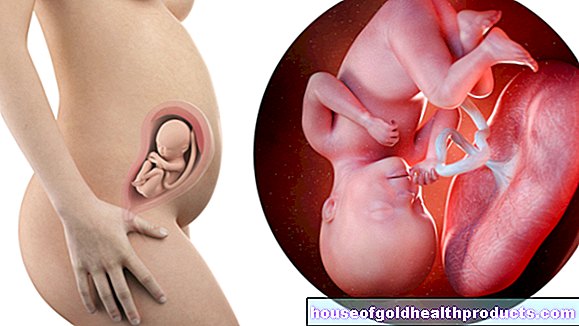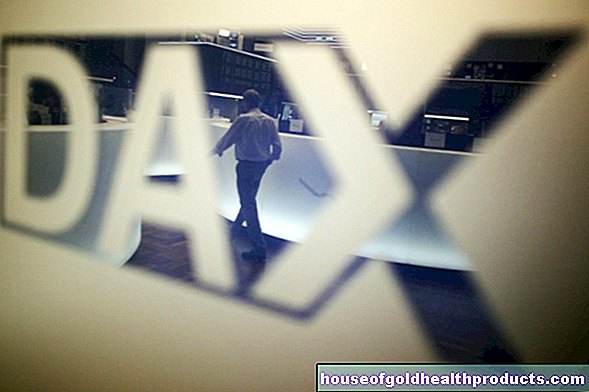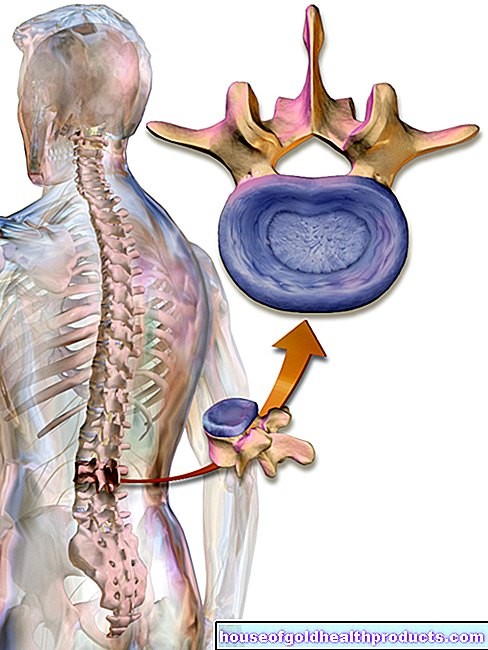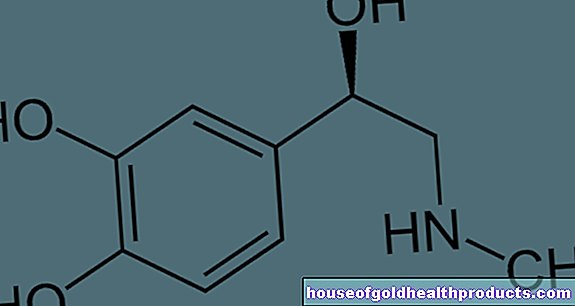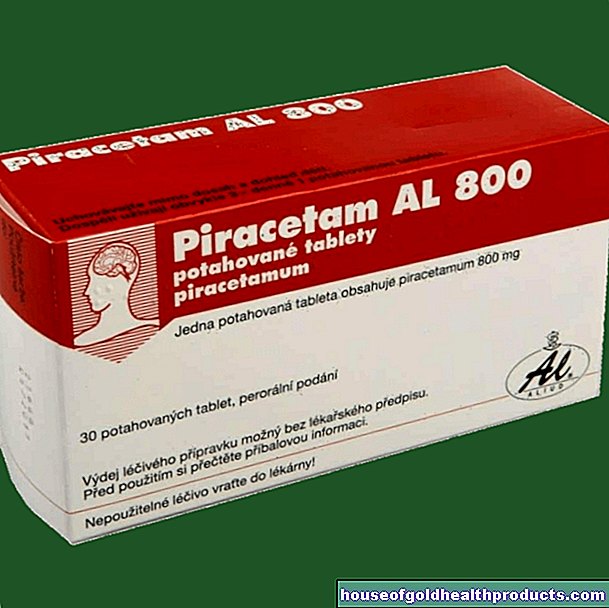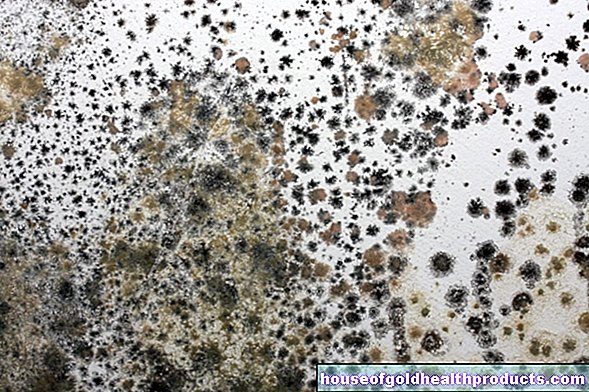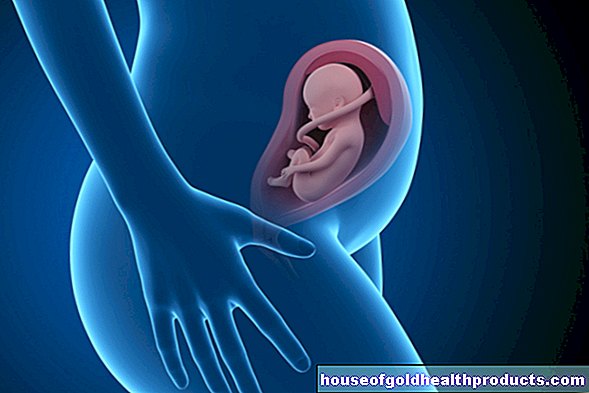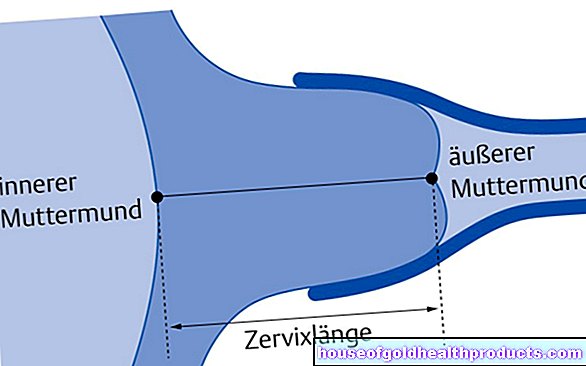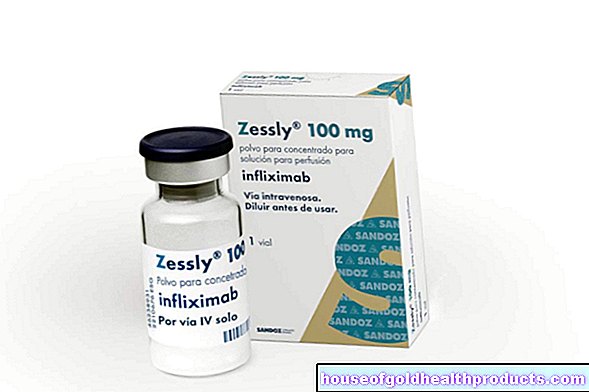Zinc deficiency promotes high blood pressure
Christiane Fux studied journalism and psychology in Hamburg. The experienced medical editor has been writing magazine articles, news and factual texts on all conceivable health topics since 2001. In addition to her work for, Christiane Fux is also active in prose. Her first crime novel was published in 2012, and she also writes, designs and publishes her own crime plays.
More posts by Christiane Fux All content is checked by medical journalists.The blood pressure in the body is determined by the interaction of many actors. One that has so far been largely ignored is zinc. A low level of the trace element can increase blood pressure. Diabetics could be particularly affected.
Zinc affects the work of the kidneys
Zinc affects the functioning of the kidneys. And this is one of the big players in regulating blood pressure. Among other things, the kidneys can adjust the blood volume and thus the blood pressure by excreting sodium.
If they excrete a lot of sodium, appropriate amounts of water are withdrawn from the blood so that the sodium concentration in the serum remains within the normal range. Less fluid in the vessels then naturally lowers the blood pressure. Conversely, a low sodium concentration in the urine is typical of high blood pressure.
Previous studies have shown that zinc plays a central role in this process. In tests with mice, researchers led by Clintoria Williams from Emroy University in Atlanta have now deciphered the underlying mechanism.
Zinc normalizes blood pressure
The scientists observed that zinc-deficient mice actually developed high blood pressure. Correspondingly, this was accompanied by a decrease in the excretion of sodium in the urine. If the animals were given zinc-rich feed, the sodium levels in the urine rose and the blood pressure normalized.
In tests with kidney cells, the researchers were able to show that zinc regulates the so-called thiazide-sensitive cotransporter (sodium chloride cotransporter). This protein pumps sodium, potassium, and chloride from the kidney into the blood. If there is not enough zinc available, the kidneys excrete less sodium in the urine. Correspondingly, the blood volume and thus also the blood pressure remain elevated.
Zinc deficiency is common in diabetes
This finding could be of particular importance for diabetics, among others. They often suffer from a zinc deficiency, but also high blood pressure. If the values are high, they should have their zinc status checked and, if necessary, counteract a deficiency with food supplements or a diet rich in zinc. Even vegetarians, but especially those who live vegan, often do not consume enough zinc, since zinc is mainly ingested through animal foods.
This is how zinc deficiency manifests itself
Zinc deficiency is not uncommon. Possible complaints are loss of appetite, dry skin, brittle hair and nails, and impaired wound healing. In addition, a zinc deficiency increases the susceptibility to colds and other infections.
Tags: elderly care alternative medicine news



